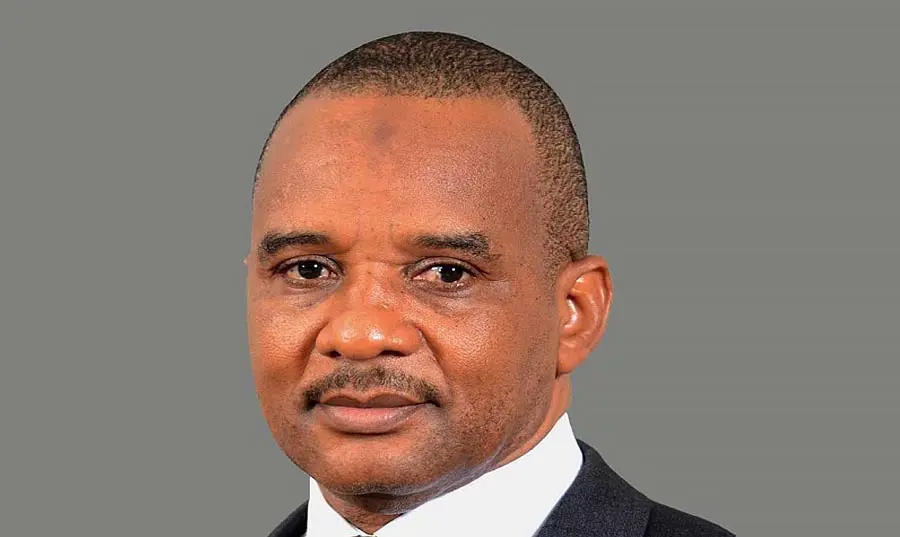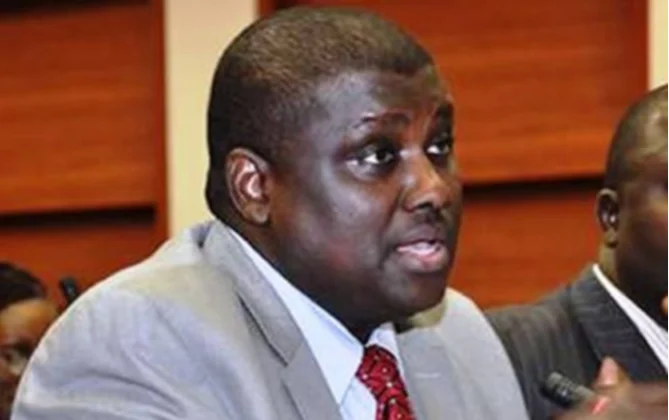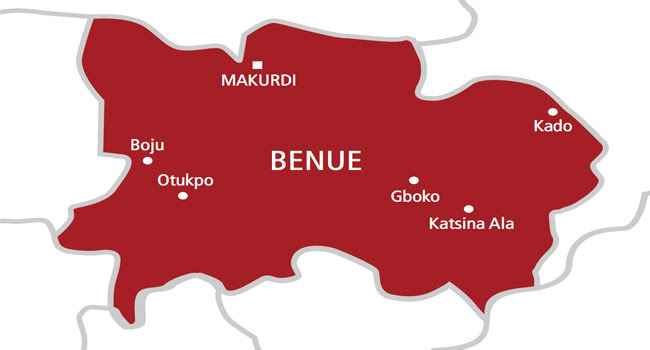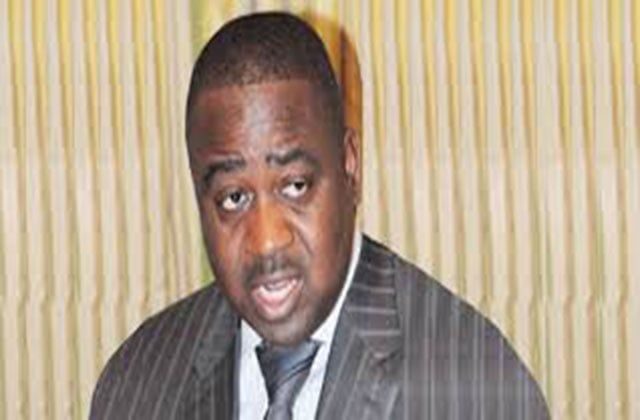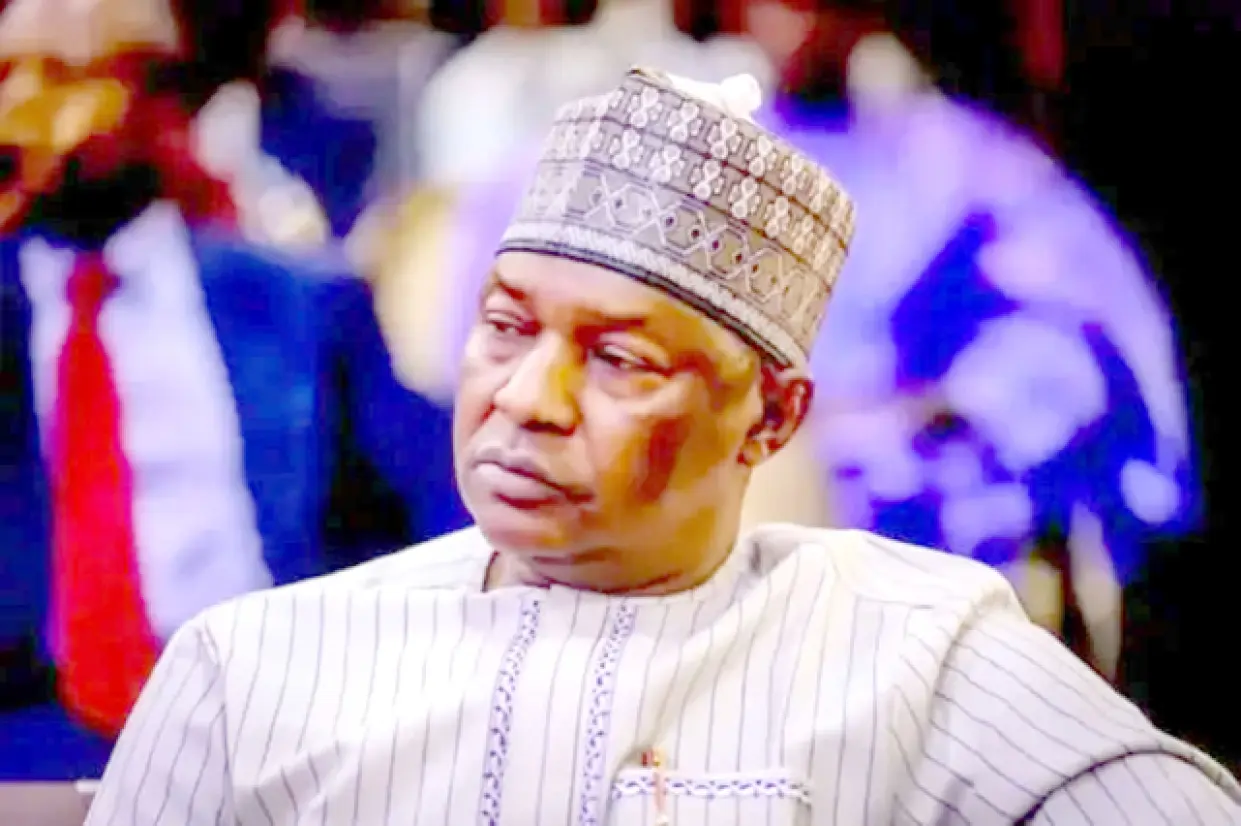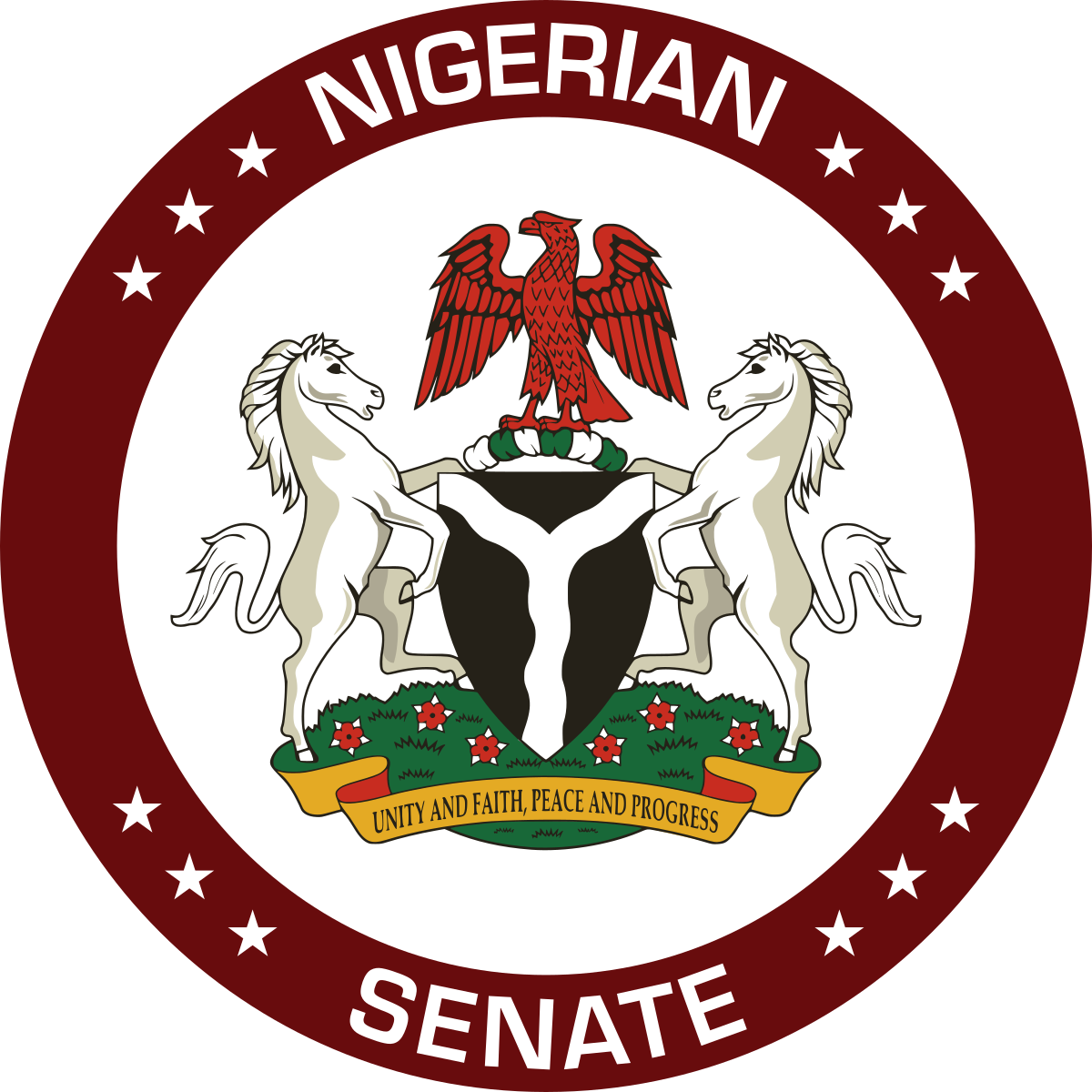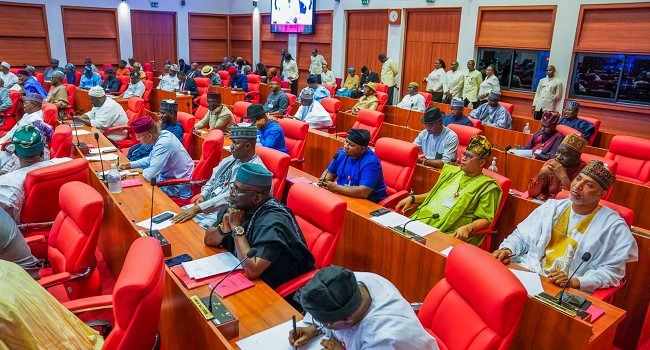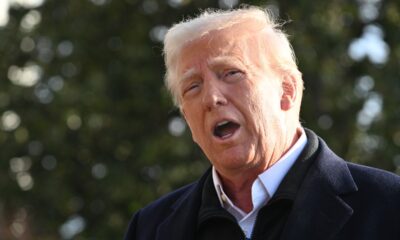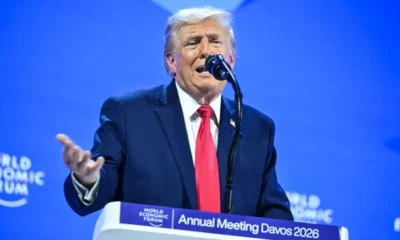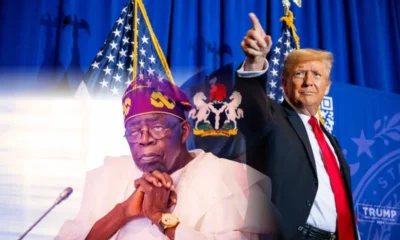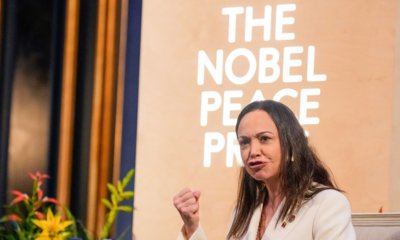World News
Trump-Xi meeting raises new questions over U.S.-China relations
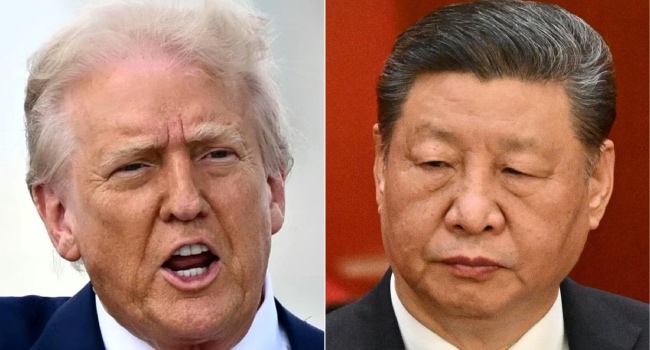
For years, few topics united Americans across political lines more than their shared skepticism of China, widely seen as Washington’s key rival.
But former President Donald Trump has once again disrupted long-standing assumptions as he prepares to meet Chinese President Xi Jinping in South Korea on Thursday, their first in-person encounter since 2019.
Despite his tough rhetoric on Beijing, Trump has often spoken warmly of Xi, mirroring his tone toward Russian President Vladimir Putin, with whom he has unsuccessfully sought progress on the Ukraine conflict. In a past interview with Fox News, Trump praised Xi as a “brilliant guy” who “runs 1.4 billion people with an iron fist — smart, brilliant, everything perfect.”
The former U.S. president recently said he doubted China would invade Taiwan, citing his personal rapport with Xi. Trade remains central to Trump’s agenda, as both nations hint at a possible agreement following discussions in Kuala Lumpur.
However, analysts say Trump’s personal diplomacy contrasts with the broader U.S. establishment’s tougher stance on China. Ryan Hass, former top China adviser under President Barack Obama, noted that while Trump seeks deals, U.S. institutions remain focused on countering Beijing’s rise. He added that China’s long-term goal is not partnership but dominance.
“China is interested in centering itself and pushing the United States to the periphery,” said Hass, a senior fellow at the Brookings Institution. He believes Beijing may pursue a short-term deal to buy time rather than a comprehensive partnership.
Both nations have a history of transactional relations. Trump had previously celebrated a “historic” trade pact with China in 2019, which pledged $200 billion in U.S. exports but collapsed partly due to the COVID-19 pandemic. His administration later blamed China for the outbreak, souring relations further.
Under President Joe Biden, Washington has tightened restrictions on Chinese technology while maintaining limited cooperation in select areas.
Yun Sun, a senior fellow at the Stimson Center, said Beijing views Trump as unpredictable but pragmatic. “The Chinese have an issue with his style, but they see Trump as someone they can work with,” she said. “Trump was more open to concessions than the Biden administration.”
Observers note that Trump’s administration once reportedly blocked Taiwanese President Lai Ching-te from stopping over in New York, signaling flexibility toward Beijing’s sensitivities.
Meanwhile, concerns grow over how Trump might handle Taiwan-related discussions. Henrietta Levin, a senior fellow at the Center for Strategic and International Studies (CSIS), said Trump’s approach adds uncertainty.
“Now I think there is uncertainty about how President Trump will respond when President Xi inevitably presents these Taiwan demands to him,” Levin said.
Trump’s willingness to link strategic issues like Taiwan with trade talks marks a break from previous administrations. Beijing continues to oppose U.S. arms sales to Taiwan and wants Washington to explicitly reject Taiwanese independence — something no U.S. leader has done.
However, Secretary of State Marco Rubio, a longtime Taiwan supporter, reaffirmed over the weekend that the United States “is not considering walking away from Taiwan” to secure a trade deal with China.
Source: AFP
-

 News2 days ago
News2 days agoIfunanya Nwangene: Choir narrates final hours of singer killed by Snake bite in Abuja
-
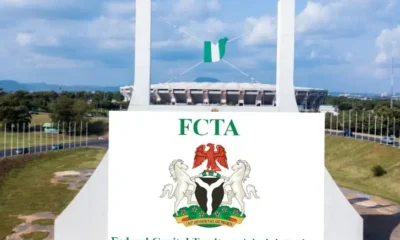
 News1 day ago
News1 day agoBREAKING: Labour, Wike reach agreement as FCTA Workers resume duties
-

 News24 hours ago
News24 hours agoFCT Polls: NUJ FCT seeks credible coverage, asks security agencies to protect journalists
-
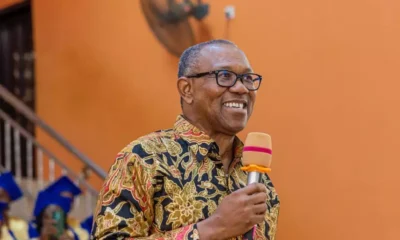
 News2 days ago
News2 days ago‘I Am Contesting as Number One’ — Obi reaffirms 2027 Presidential plan
-

 News2 days ago
News2 days agoSouth Africa disconnects power supply to Nigerian High Commission over unpaid bills
-

 News2 days ago
News2 days agoNational Industrial Court restrains NLC, TUC from protest in FCT
-

 News2 days ago
News2 days agoPolice cite intelligence, ask NLC to shift planned Abuja protest
-

 Sports2 days ago
Sports2 days agoCristiano Ronaldo reportedly refuses to play amid Al Nassr frustrations

